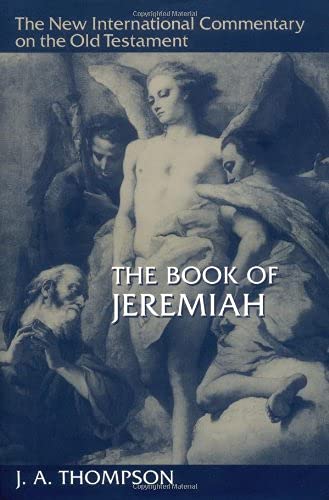I Believe in Preaching
Written by John R. W. Stott Reviewed By Philip H. HackingIt was my joy some years ago to review Dr Martyn Lloyd-Jones’ book Preaching and Preachers and now this latest book in the very helpful series ‘I believe in …’. Like Dr Lloyd-Jones, John Stott is no mere academic expounding a theme. Many of us have benefited greatly from his preaching and are so grateful that he has found time to distil his wisdom and experience into this most helpful volume. Any busy preacher will be amazed at the wealth of reading which lies behind this book. There are some memorable quotations—for example, the bold assertion that ‘the pulpit leads the world’ or P. T. Forsyth’s important statement that ‘a true sermon is a real deed’. One of the values of studying this book is that it renews faith in the power of preaching and that could well be one of the most urgent needs of the church today.
There are inevitable limitations in any man’s experience of, and attitude to, preaching. John Stott is aware that in his own experience he has been greatly privileged and he forestalls the criticism of those who seek to preach in apparently forbidding situations and in the context of an over-busy pastoral ministry. He gives some very helpful advice about the use of time and with it a very salutary challenge. None the less, it will be very important for a reader of the book to adjust some of the suggestions to his own particular situation. Many will not be able to find around them such a helpful group of people as John Stott found to encourage him in his secular reading and viewing. But any preacher in any context will be stimulated by this book and for those who are hopefully preparing to be preachers it should be obligatory reading. Already it has been suggested in several areas that this should be a study book, not just for preachers but for congregations as well. Preaching is very much a two-way traffic.
There are some helpful thoughts on the difficulties of preaching today in the climate which seems so uncongenial. There are many who would support the curt statement which John Stott quotes that ‘the pulpit is out’. In our anti-authoritarian world it seems to many incongruous still to concentrate on dogmatic preaching and yet that is God’s way as expounded in Scripture and still is blessed by his Spirit.
John Stott does not just beat the drum about reinstating the sermon. He also emphasizes the value of seeing preaching as bridge-building and the chapter on this was the one that I found particularly helpful in my own preaching ministry, mostly in a parish context. There is a great deal of food for thought in that chapter about the importance of looking at ethical issues, politics and the culture in which the sermon is preached. We are reminded that ‘the man of the Word is the man of the world’. Our preaching must be related not only to eternal issues but earthed in the need of today. John Stott does not hesitate to tell us about his own spiritual pilgrimage as a preacher particularly in relationship to these bridge-building matters.
There are some very helpful comments about the preparation of sermons and the manner of preaching. These are the most individualistic aspects of the theme and we all know the danger of seeking to copy preachers in their manners and habits. It is so important to remember that God does use individual personalities and speaks through them. The old definition of a sermon as ‘truth mediated through personality’ is still so very true. None the less, we may learn by watching a master at work and the book gives us some windows into John Stott’s own preaching preparation.
Many of us who have profited from John Stott’s ministry will think of him as a preacher’s preacher, a man whose sermons have been an inspiration to those who seek to communicate the message themselves. With that in mind I found it most helpful and indeed moving to read the closing chapter on courage and humility—the need for this balance in preaching, the courage to proclaim God’s Word at any cost and yet the willingness to be anonymous, to be just a vessel through whom the Spirit can speak. Often there is too much timidity in preaching and almost an apology for the message. Sometimes there is far too much of the preacher being like the conductor who lets the music flow. Preaching is very much part of worship and we have been rediscovering the importance of worship in recent years. This should not diminish the value of preaching but enhance it and as both pulpit and pew renew their belief in its centrality, God may well do that new thing for which we all long. The history of spiritual revivals will emphasize how important is a rebirth of preaching and this book could well be an important factor in bringing about this most urgent revival.
Philip H. Hacking
Sheffield







